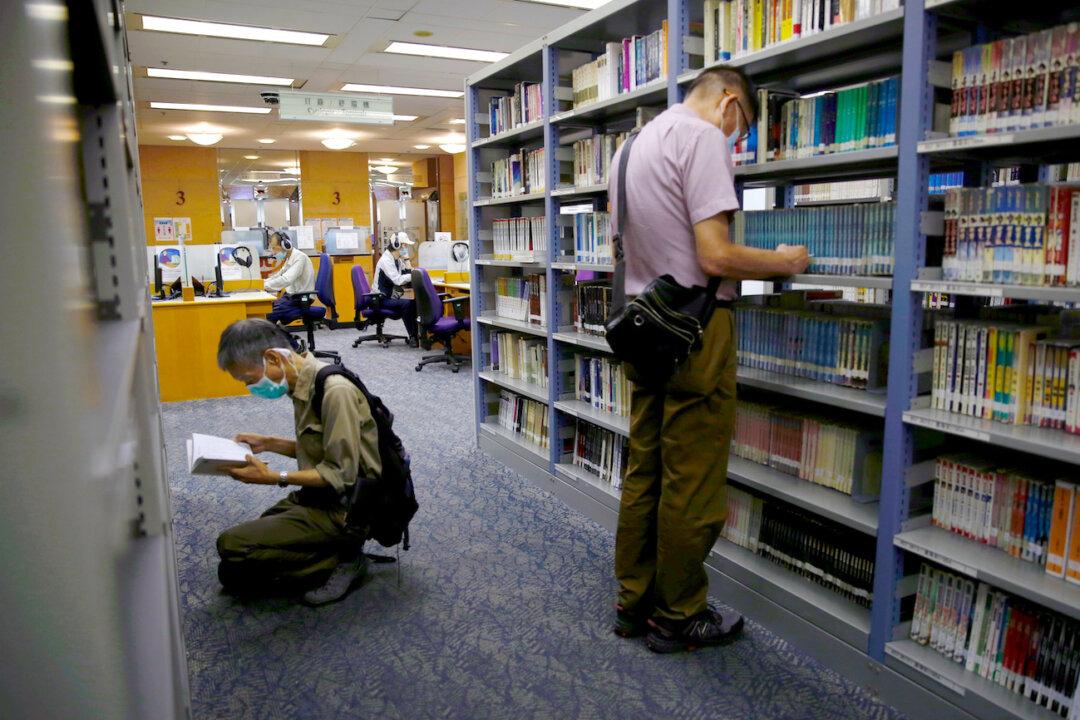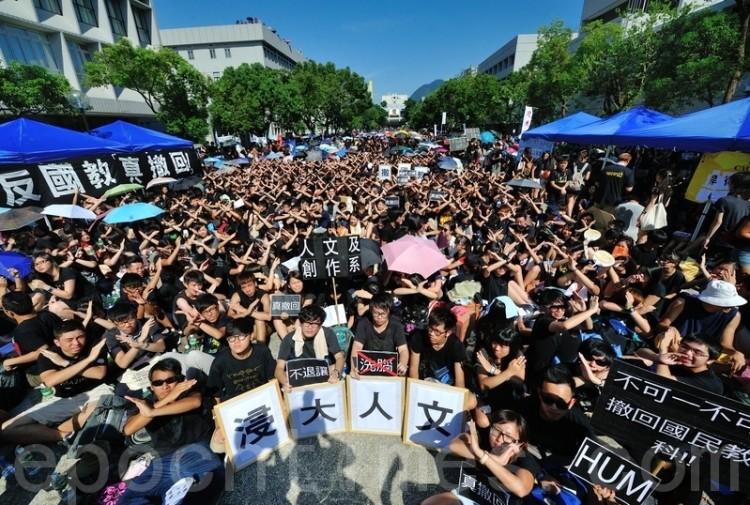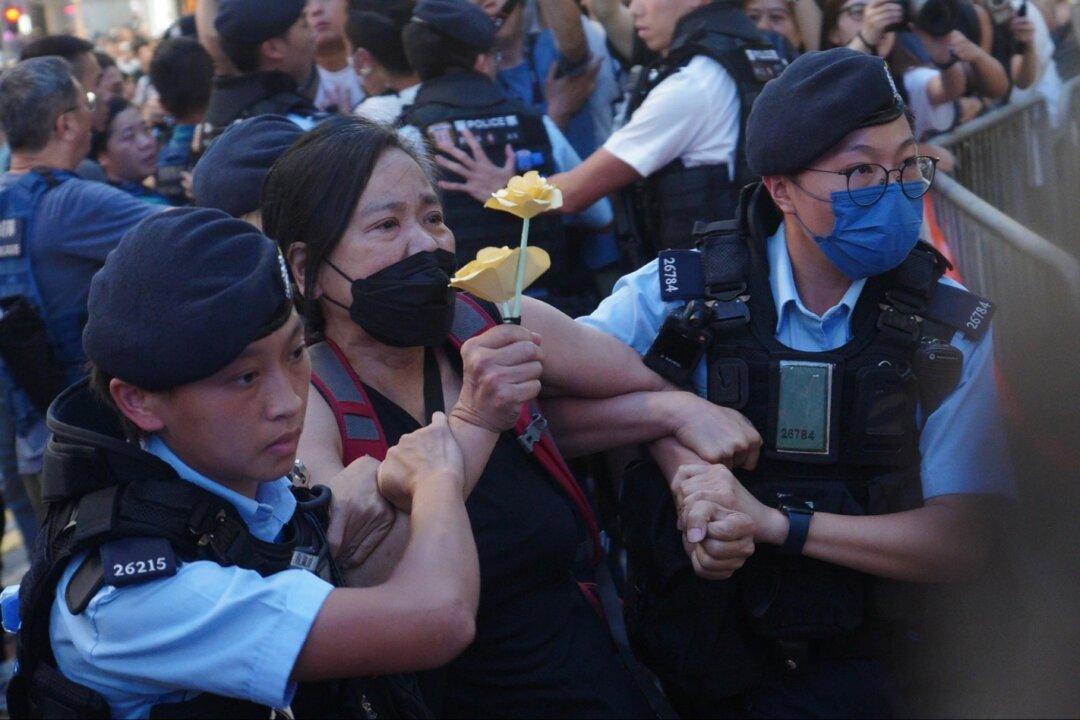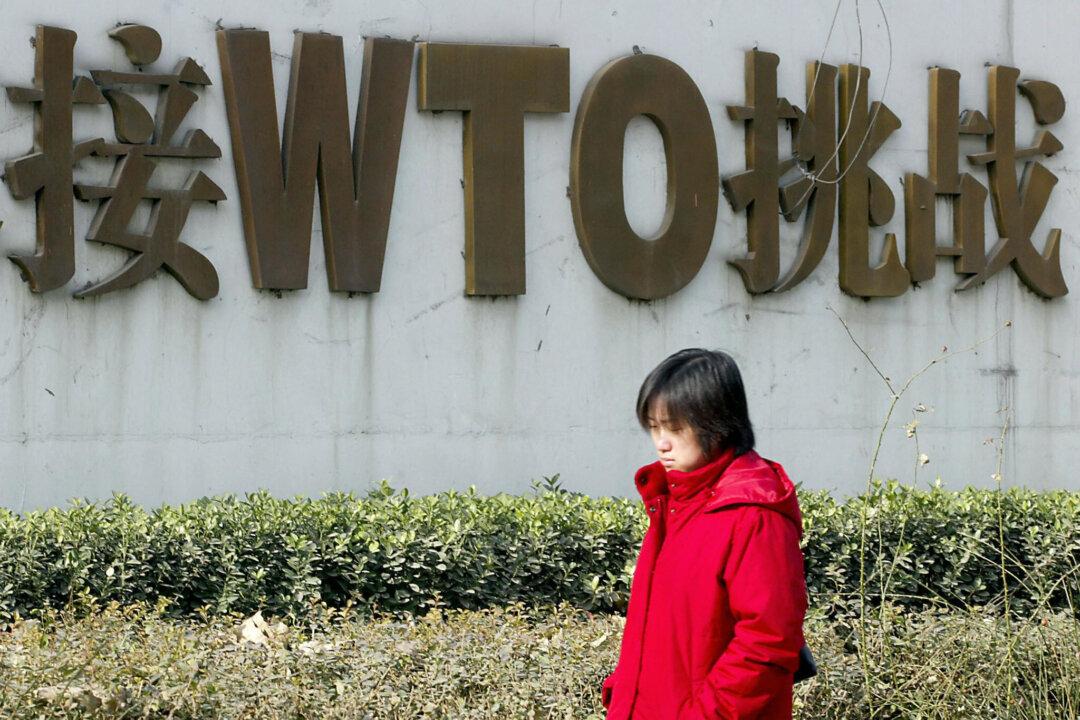Commentary
Some people in Hong Kong think that cultural issues are apolitical. Unfortunately, it is not true. The seemingly neutral treatment of Hong Kong culture in the secondary school history curriculum, for example, “the coexistence and interaction of Chinese and foreign culture,” glossed over trends such as the increasing westernization from the 1970s onwards. A landmark event was the Marriage Reform Ordinance which mandatorily introduced Western monogamy and outlawed concubinage, a Qing practice that had been there since the opening of Hong Kong.





